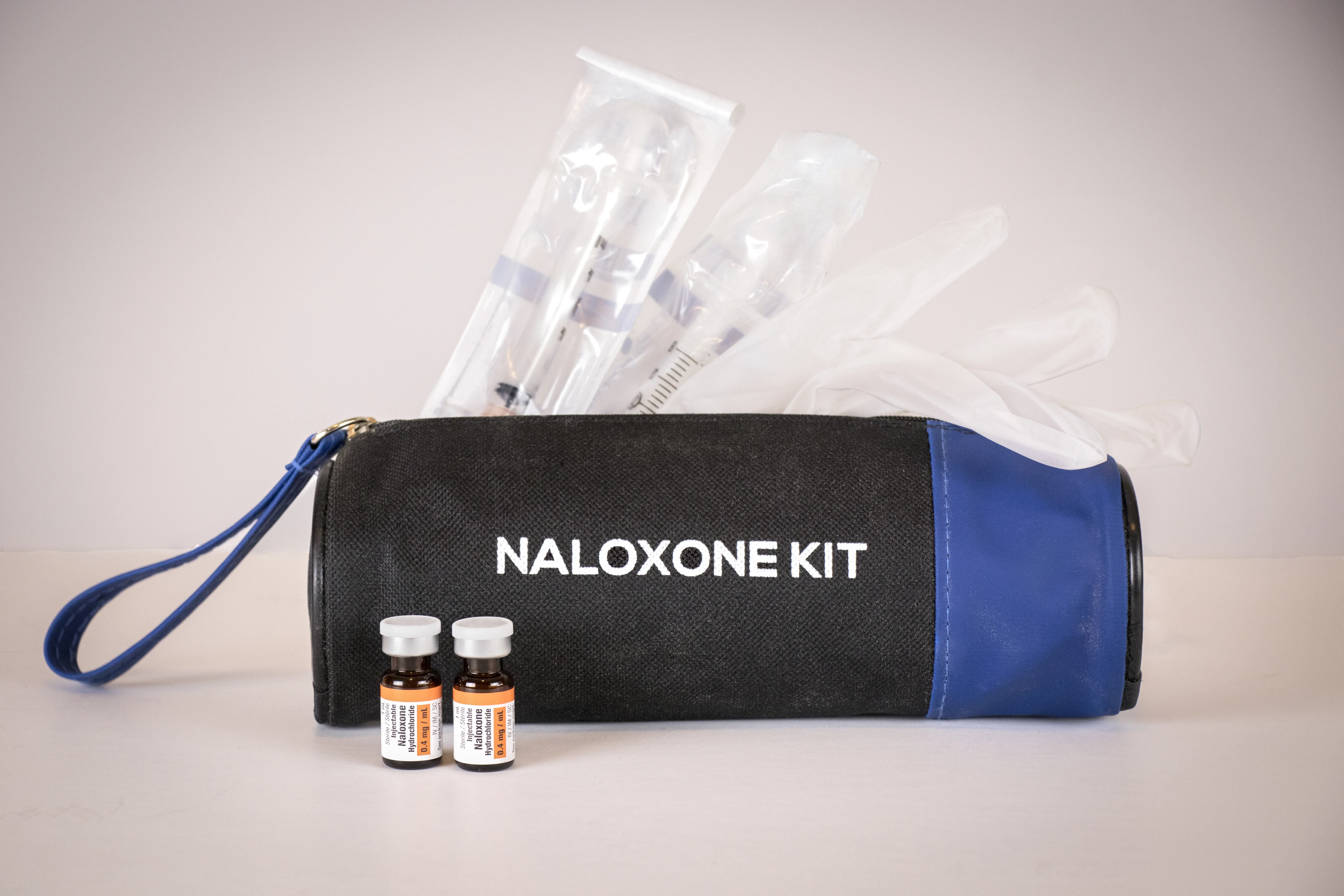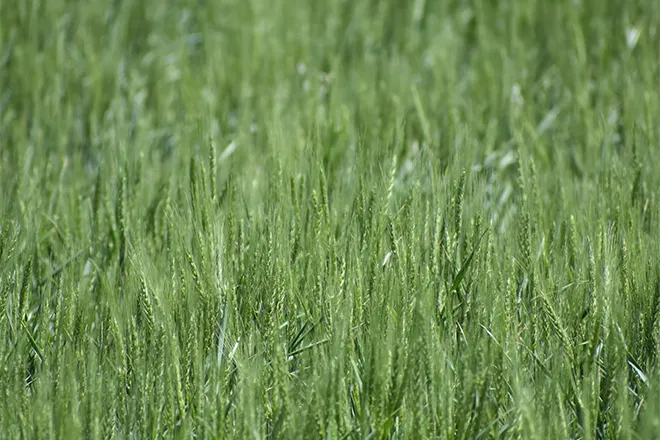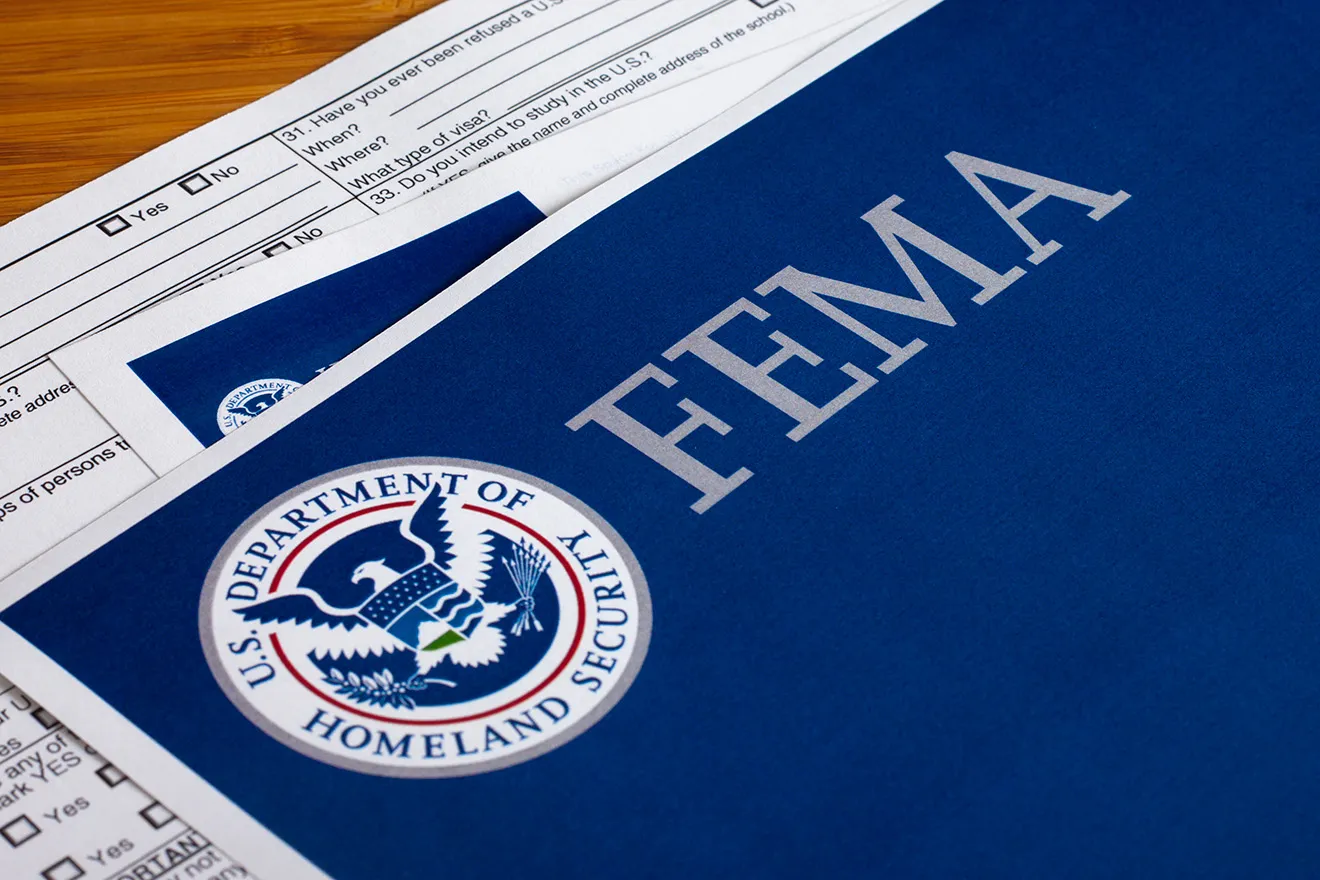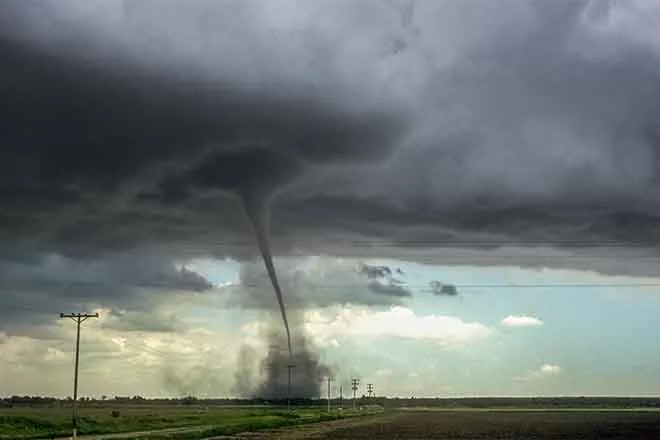
Experts: More bird flu testing needed to prevent spread, protect humans
Click play to listen to this article.
(New Mexico News Connection) The number of avian flu cases in dairy cows is holding steady in New Mexico but experts say more testing is needed to prevent its spread and protect humans.
Technically known as H5N1, "bird flu" has been detected in eight Curry County herds, although no deaths were reported. In Texas, a man is known to have become ill with bird flu last month after contact with infected dairy cattle.
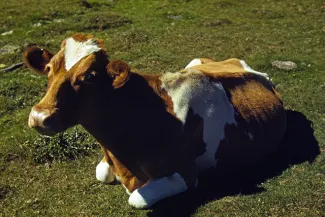
Guernsey Cattle. Courtesy FSA
Andrew Pekosz, professor of molecular microbiology and immunology at Johns Hopkins University, said the transmission to humans is cause for concern.
"Given that dairy farms have a large number of people who come in contact with infected cows, there is an increased chance of the H5N1 virus also directly infecting humans and beginning that process of adapting to replication and spread within humans themselves," Pekosz explained.
He acknowledged the risk to the public is still very low, but argued the U.S. should improve its response to new and emerging infections in order to minimize the chance of another pandemic. The U.S. Department of Agriculture announced this week it will pay dairy farms with confirmed avian flu infections to help contain the virus' spread to people and more cows.
In Texas, the Centers for Disease Control and Prevention confirmed the virus killed a dozen cats who drank raw cow milk.
Meghan Davis, associate professor of environmental health and engineering at Johns Hopkins University, said due to extensive federal food checks prior to human consumption, she believes it is safe to eat poultry and drink milk, with one exception.
"Raw milk and raw milk products may not undergo the same processes to inactivate the virus," Davis pointed out. "I have very large concerns about the safety of raw milk."
In addition to New Mexico, last month's outbreak affected more than 33 dairy cow herds in seven other states. To date, federal officials only mandate testing for dairy cows moving between states.

